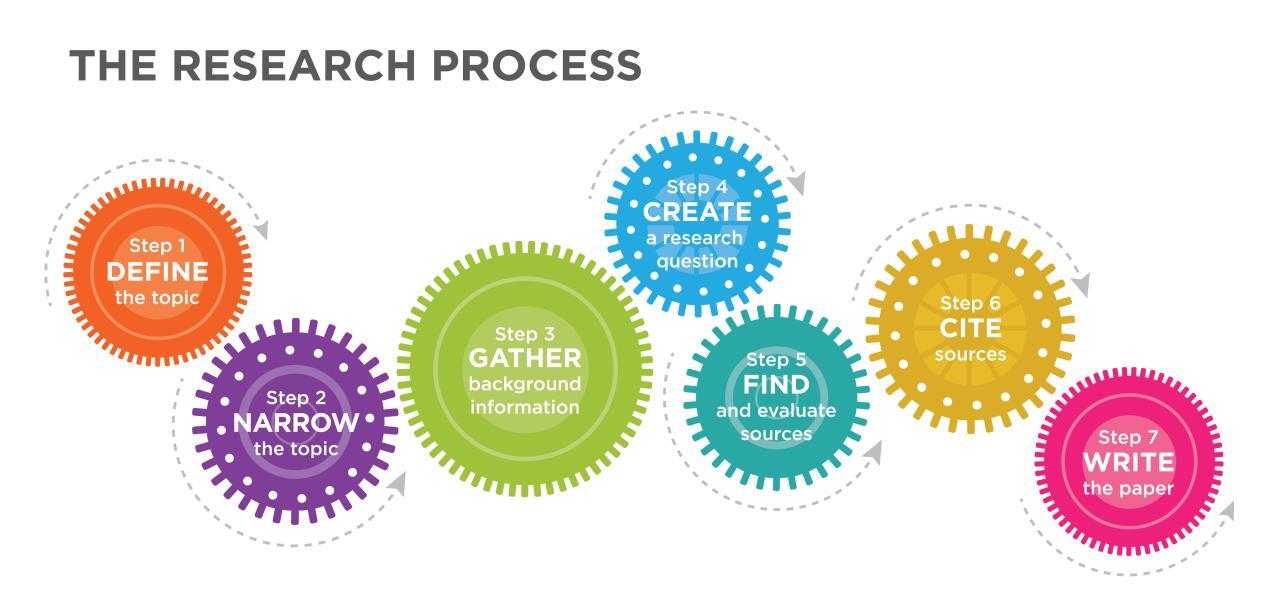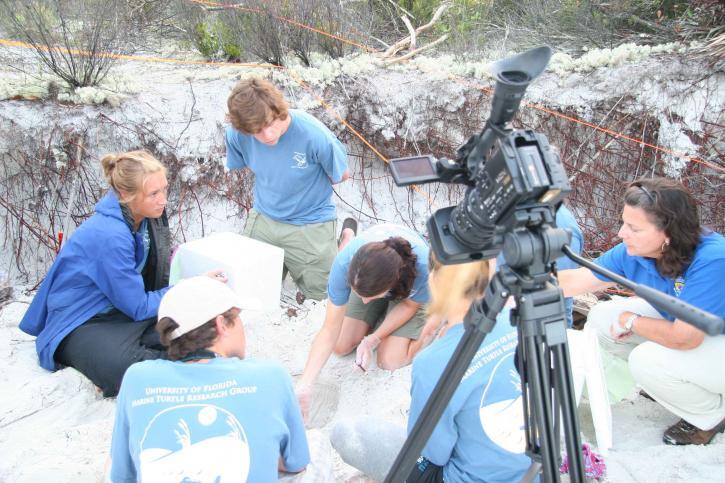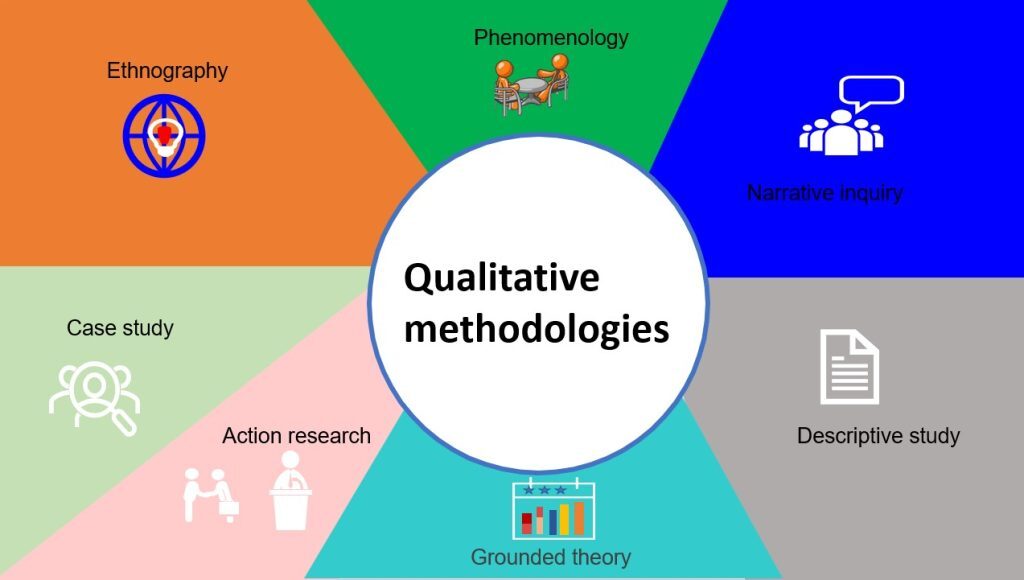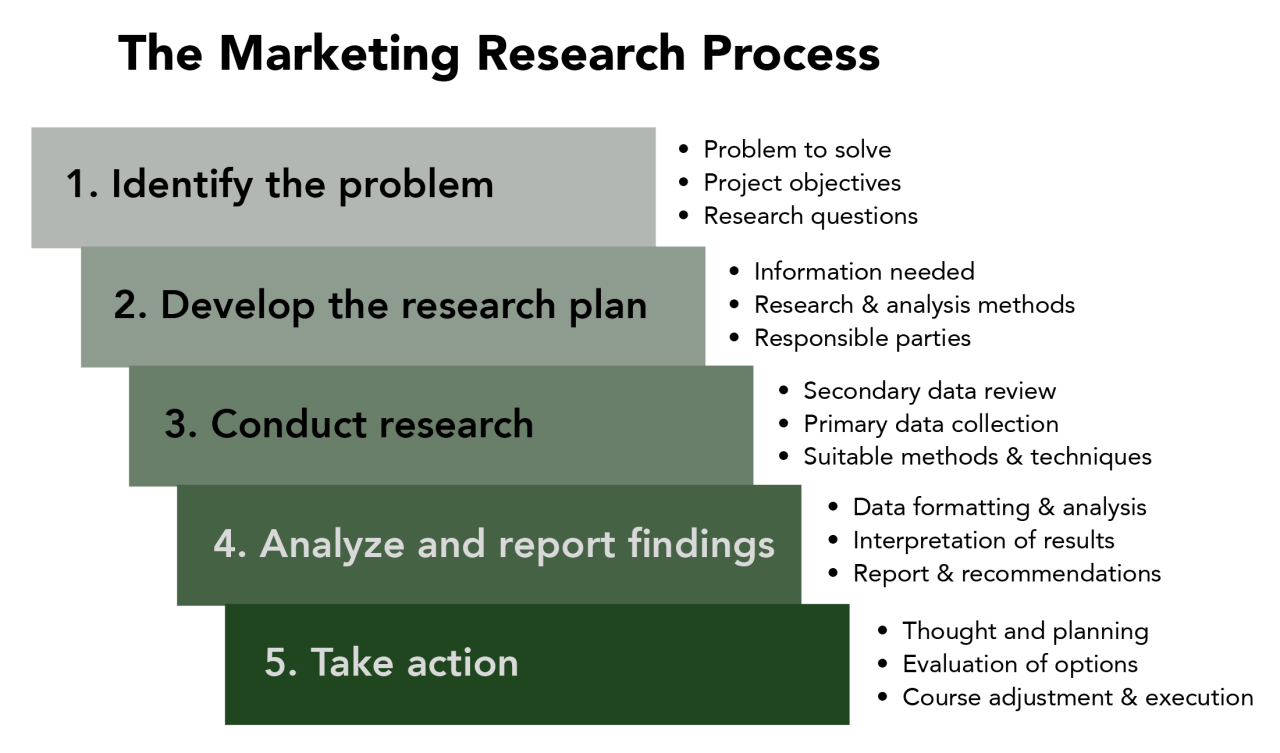Embarking on an interview journey without understanding who you’ll be meeting is akin to navigating a complex maze blindfolded. The strategic advantage of knowing your interviewer’s background cannot be overstated; it profoundly shapes your communication approach and can illuminate potential pitfalls. This exploration unveils the critical importance of pre-meeting research, offering a roadmap to transform uncertainty into confident engagement.
We will delve into the essential steps of identifying key information sources, analyzing interviewer profiles with a discerning eye, and skillfully tailoring your approach based on these valuable insights. By preparing specific discussion points and adhering to ethical considerations, you can build genuine rapport and significantly enhance your interview performance.
Understanding the Importance of Pre-Meeting Research

Entering an interview without understanding who you’ll be speaking with is akin to walking into a negotiation blindfolded. While your primary focus will naturally be on showcasing your skills and experience, the strategic advantage gained from researching your interviewer cannot be overstated. This proactive approach allows you to tailor your communication, demonstrate genuine interest, and ultimately, build a stronger rapport, significantly increasing your chances of a successful outcome.Knowing your interviewer’s background is not about memorizing their life story, but rather about identifying key professional touchpoints that can inform your conversation.
This understanding allows you to anticipate their potential concerns, align your responses with their likely priorities, and even spark more meaningful dialogue. It transforms the interview from a one-sided interrogation into a collaborative discussion where you can demonstrate your foresight and strategic thinking.
Strategic Advantages of Interviewer Research
Conducting thorough research on your interviewer offers a distinct competitive edge, enabling you to navigate the interview with greater confidence and precision. This preparation allows for a more personalized and impactful interaction, demonstrating that you’ve invested time and effort beyond the basic job requirements.The strategic benefits include:
- Tailored Communication: By understanding their professional journey, areas of expertise, and potential interests, you can adapt your language, examples, and even the depth of your technical explanations to resonate directly with them. For instance, if you discover they have a strong background in a specific software or methodology, you can highlight your experience with it more prominently.
- Building Rapport: Identifying shared interests, past employers, or professional affiliations can be a powerful icebreaker and a foundation for building rapport. Mentioning a mutual connection or a project they led can humanize the interaction and create a more comfortable atmosphere.
- Anticipating Questions and Concerns: Knowing their role and responsibilities within the company can help you predict the types of questions they are most likely to ask. For example, a hiring manager might focus on team dynamics and leadership, while a technical lead might delve deeper into specific project challenges and solutions.
- Demonstrating Initiative and Interest: The mere act of having done your homework signals a high level of engagement and genuine interest in the role and the company. It shows you are not just looking for any job, but you are specifically interested in this opportunity and the people involved.
Shaping Communication Through Interviewer Background
The insights gleaned from researching an interviewer’s professional history provide a crucial framework for tailoring your communication. This is not about superficial flattery, but about demonstrating a thoughtful understanding of their perspective and how your contributions can align with their goals.Understanding their background can shape your communication in several ways:
- Aligning Your Narrative: If an interviewer has a background in project management, you can frame your experiences in terms of project lifecycle, stakeholder management, and successful delivery. If they are from a data science background, you can emphasize your analytical skills and data-driven decision-making.
- Highlighting Relevant Achievements: You can strategically select and present your accomplishments that most closely align with the interviewer’s known areas of focus or responsibility. For example, if they are responsible for scaling a particular service, you can elaborate on your experience in similar scaling initiatives.
- Asking Insightful Questions: Research enables you to ask questions that go beyond generic inquiries. You can pose questions that demonstrate your understanding of their challenges or opportunities, showing you’ve thought critically about the business and their role within it. For instance, you might ask about their perspective on a recent industry trend impacting their department.
- Adapting Your Tone and Style: While maintaining professionalism, you can subtly adjust your tone to match the perceived style of the interviewer. A more formal background might warrant a more structured and data-heavy approach, while a more innovative or startup-oriented background might allow for a more dynamic and forward-thinking dialogue.
Potential Pitfalls of Unprepared Interviews
Entering an interview without any prior knowledge of the interviewer can lead to a series of missed opportunities and potential missteps. This lack of preparation can inadvertently signal a lack of diligence and genuine interest, creating an unfavorable first impression that can be difficult to overcome.The risks associated with entering an interview unprepared include:
- Generic and Uninspired Responses: Without understanding the interviewer’s perspective, your answers may be too general, failing to connect with their specific needs or interests. This can make you appear unengaged or as if you haven’t given the role sufficient thought.
- Missed Opportunities for Rapport Building: You lose the chance to find common ground or engage in a more personalized conversation. This can result in a purely transactional exchange, lacking the human connection that often influences hiring decisions.
- Inability to Ask Targeted Questions: Your questions may be superficial or easily answered by a quick search, indicating a lack of deep engagement. This can leave the interviewer questioning your curiosity and proactive nature.
- Appearing Unprofessional or Disinterested: A lack of research can be perceived as a sign of disrespect for the interviewer’s time and the opportunity itself. It suggests you are not fully committed to understanding the role or the company’s context.
- Being Caught Off Guard by Specific Inquiries: If the interviewer asks about their own work, a recent company announcement they were involved in, or a specific challenge within their domain, your lack of knowledge will be immediately apparent, potentially undermining your credibility.
Identifying Key Information Sources

To effectively research your interviewer, it’s crucial to know where to look for reliable information. A strategic approach involves leveraging various online platforms and tools that offer insights into their professional background, achievements, and interests. This diligent research will equip you with valuable talking points and demonstrate your genuine interest in the role and the company.The digital landscape provides a wealth of resources for gathering information about individuals.
By systematically exploring these sources, you can build a comprehensive profile of your interviewer, which can significantly enhance your interview preparation and overall performance.
Professional Networking Sites
Professional networking sites are indispensable for understanding an interviewer’s career trajectory. These platforms allow you to trace their professional journey, identifying key roles, companies, and the duration of their tenure. This information can reveal patterns in their career, areas of expertise, and potential career aspirations.Leveraging these sites involves more than just noting job titles. Pay attention to:
- Career Progression: Observe how their roles have evolved. Have they consistently moved up in a specific field, or have they transitioned across different industries?
- Skills and Endorsements: Look at the skills they highlight and those endorsed by their connections. This provides a snapshot of their core competencies.
- Published Content and Activity: Any articles they’ve written, posts they’ve shared, or groups they participate in can offer insights into their current professional interests and thought leadership.
- Connections: While you shouldn’t directly contact their connections without a strong reason, observing shared connections can sometimes provide context or common ground.
Company Websites and Press Releases
Company websites and their associated press releases are vital for understanding an interviewer’s role within the organization and their contributions. The “About Us” or “Team” sections often provide brief biographies that can highlight their responsibilities and achievements. Press releases are particularly useful for identifying specific projects, initiatives, or public statements they may have been involved in.When examining company resources, focus on:
- Biographical Information: Look for details about their tenure, responsibilities, and any specific accomplishments mentioned.
- Project Involvement: Press releases often name individuals involved in significant company news, such as product launches, partnerships, or expansions.
- Public Statements: If the interviewer has been quoted in a press release, their words can reveal their perspective on company strategy or industry trends.
- Organizational Structure: Understanding their position within the company hierarchy can provide context for their responsibilities and decision-making influence.
Reliable Online Platforms and Tools
Beyond professional networking sites and company resources, several other online platforms and tools can aid in your research. These can offer a broader perspective and sometimes uncover information not readily available elsewhere.A curated list of valuable resources includes:
- LinkedIn: The preeminent platform for professional networking, offering extensive profiles, company pages, and industry news.
- Company Career Pages: These often feature employee spotlights or detailed team descriptions that can be insightful.
- Industry-Specific Publications and Blogs: Searching for the interviewer’s name within relevant industry news outlets can reveal their expertise and contributions.
- Google Search: A general search can uncover news articles, conference presentations, interviews, or even personal blogs that provide additional context. Be discerning about the source’s credibility.
- Academic Databases (if applicable): If the interviewer has an academic background, platforms like Google Scholar or university faculty pages can provide information on their research and publications.
Analyzing Interviewer Profiles
Understanding who you will be meeting with is a crucial step in preparing for an interview. By analyzing an interviewer’s professional profile, you can gain valuable insights that can shape your approach, help you tailor your responses, and identify potential areas of common ground. This analysis goes beyond simply knowing their name; it involves a deeper dive into their career journey, professional interests, and contributions to their field.This examination allows you to move beyond generic interview preparation and engage in a more strategic and personalized conversation.
It demonstrates a level of professionalism and genuine interest that can significantly differentiate you from other candidates. By investing time in understanding your interviewer, you are investing in the success of your interview.
Essential Aspects of an Interviewer’s Professional Profile
When reviewing an interviewer’s online presence, it’s important to focus on specific elements that can reveal their professional priorities, expertise, and potential biases. Organizing your review around these key areas will ensure a comprehensive understanding.
- Current Role and Responsibilities: Understand their position within the company, the scope of their influence, and the team or department they oversee. This provides context for the types of challenges and opportunities they are likely to discuss.
- Career Trajectory: Trace their career path, noting promotions, shifts in focus, and the companies they have worked for. This can reveal patterns in their professional development and areas of sustained interest.
- Educational Background: Their academic qualifications can indicate foundational knowledge and areas of specialization.
- Publications and Presentations: Any articles, blog posts, white papers, or conference presentations they have authored or delivered offer direct insight into their thought leadership and current areas of focus.
- Professional Affiliations and Memberships: Involvement in industry organizations can highlight their commitment to their field and their network.
- Social Media Activity (Professional Platforms): LinkedIn profiles, in particular, can offer a wealth of information on their professional activities, endorsements, and connections.
Common Themes and Patterns in Career Trajectories
Observing the progression of an interviewer’s career can offer significant clues about their values and what they prioritize in their professional life. Look for recurring themes that indicate their long-term interests and the skills they have consistently developed or sought out.
- Growth and Advancement: A consistent pattern of promotions suggests an individual who values progress, achievement, and strategic development. They might be looking for candidates who demonstrate similar ambition and a clear vision for their own career growth.
- Specialization vs. Generalization: An interviewer who has consistently focused on a niche area may be deeply passionate about that specific domain and look for candidates with a similar depth of knowledge. Conversely, someone with a broader career path might value versatility and a wide range of experiences.
- Industry Transitions: Moving between different industries can indicate adaptability, a desire for new challenges, or a strategic pivot. This might suggest they value candidates who are also adaptable and can bring fresh perspectives.
- Leadership Roles: A history of leadership positions points to an emphasis on management, team building, and strategic decision-making. They may be looking for candidates who exhibit leadership potential, even in entry-level roles.
- Entrepreneurial Ventures: Involvement in startups or entrepreneurial projects often signals a comfort with risk, innovation, and a results-oriented mindset. They might seek candidates who are proactive and possess a similar drive.
Checklist for Reviewing an Interviewer’s Online Presence
To ensure a thorough and efficient review of an interviewer’s online presence, use the following checklist. This structured approach helps you systematically gather and process relevant information.
- Does their LinkedIn profile clearly Artikel their current role and responsibilities?
- What are the key milestones and transitions in their career history?
- Have they published any articles, blog posts, or participated in industry events? What were the topics?
- Are there any shared professional connections or previous employers that might be relevant?
- What are the most frequently mentioned skills or areas of expertise in their profile or endorsements?
- Does their online activity suggest any particular professional passions or interests outside of their immediate job description?
- Is there any indication of their management style or approach to team collaboration?
- What is the general tone and content of their professional communications (if publicly available)?
Interpreting Stated Interests or Publications to Find Common Ground
An interviewer’s stated interests or publications are goldmines for identifying potential common ground. These are direct expressions of what they find important, engaging, and worth their time and intellectual energy.When you encounter an article they’ve written, a presentation they’ve given, or a topic they frequently discuss on professional platforms, consider the following:
- Identify the Core Themes: What is the central message or argument of their work? Are they discussing emerging trends, specific challenges, or innovative solutions?
- Note Key Terminology: Pay attention to the specific language and jargon they use. This can inform your own vocabulary during the interview.
- Connect to Your Experience: Think about how their stated interests align with your own skills, experiences, or career aspirations. Even if your experience is tangential, there might be a transferable skill or a shared perspective.
- Formulate Thoughtful Questions: Based on their work, you can craft insightful questions that demonstrate you’ve done your homework and are genuinely interested in their insights. For example, if they published on the ethical implications of AI in marketing, you could ask about their perspective on a recent development in that area.
- Relate Your Contributions: Frame your own contributions and aspirations in a way that resonates with their expressed interests. If they are passionate about sustainability in supply chains, and you have experience optimizing logistics for reduced environmental impact, highlight that connection.
For instance, if an interviewer has published extensively on agile methodologies in software development, and you have successfully implemented agile sprints in previous projects, this presents a strong opportunity to connect. You can mention your practical experience, discuss specific challenges you overcame, and express your enthusiasm for their continued work in the field. This shared focus can transform a standard interview into a more collaborative and engaging discussion.
Tailoring Your Approach Based on Research

Understanding your interviewer’s background is not just about gathering information; it’s about strategically leveraging that knowledge to create a more impactful and personalized interview experience. By adapting your communication style, questions, and even your responses, you can significantly enhance your connection with the interviewer and demonstrate your genuine interest and preparedness. This section Artikels how to translate your pre-meeting research into a dynamic and effective interview strategy.
Preparing Specific Discussion Points

Once you have a solid understanding of your interviewer, the next crucial step is to leverage this knowledge to prepare targeted discussion points. This proactive approach demonstrates your genuine interest and allows for a more engaging and productive conversation, setting you apart from other candidates.By carefully crafting talking points that resonate with the interviewer’s background and interests, you can steer the conversation towards topics where your skills and experiences can shine.
This not only helps you showcase your qualifications effectively but also fosters a stronger connection with the interviewer.
Identifying Potential Discussion Topics from Past Projects and Contributions
Delving into an interviewer’s professional history can reveal a wealth of potential discussion topics. Look for specific projects, initiatives, or areas of expertise that align with your own background or the role you are applying for. This research can uncover common ground or areas where you can offer unique insights.To identify these topics, consider the following:
- Review the interviewer’s LinkedIn profile for mentions of specific projects, publications, or presentations.
- Explore company news or press releases that highlight the interviewer’s involvement in significant achievements.
- Look for articles or interviews where the interviewer discusses their professional interests or challenges they have overcome.
- Examine any public portfolios or websites associated with their work to understand their creative or technical output.
Organizing Pre-Prepared Talking Points Aligned with Interviewer Interests
With potential discussion topics identified, the next step is to organize them into a cohesive set of talking points. These points should be framed in a way that naturally leads to a conversation, rather than a monologue. The goal is to create an exchange of ideas that highlights your understanding and enthusiasm.A structured approach to organizing these points can be highly effective:
- Connection to Your Experience: For each potential topic, identify how it relates to your own skills, accomplishments, or career aspirations. This allows you to draw parallels and demonstrate relevance.
- Insightful Questions: Frame your talking points as insightful questions that encourage the interviewer to share more about their experiences. This shows you are curious and engaged.
- Potential Contributions: Consider how your own expertise could contribute to or build upon the interviewer’s past work or current responsibilities.
Subtly Weaving in Research References
The art of incorporating your research lies in its subtlety. Avoid making direct statements like “I read on LinkedIn that you worked on X project.” Instead, aim to integrate your findings organically into the conversation. This demonstrates your attentiveness without appearing overly intrusive.Here are some examples of how to subtly weave in your research:
- “I was particularly interested to learn about [specific project or initiative] during my research. It sounds like a fascinating challenge, especially concerning [specific aspect of the project]. I’m curious to hear more about how your team approached [a particular challenge or goal].”
- “Given your background in [interviewer’s area of expertise], I was wondering about your perspective on the evolving landscape of [relevant industry trend]. I’ve been following [a related development] closely, and I’m keen to understand how it might impact [a specific area].”
- “I noticed on your profile that you have extensive experience with [a particular technology or methodology]. In my previous role, I utilized [a similar technology or methodology] to achieve [a specific result], and I’m always eager to learn about different approaches and best practices.”
Preparing for Follow-Up Questions from Research-Informed Dialogue
Your research-informed dialogue is likely to spark follow-up questions from the interviewer. Anticipating these and preparing thoughtful responses will further solidify your preparedness and understanding. These questions often stem from the interviewer’s interest in your insights or your ability to connect their experiences with your own.To prepare for these follow-up questions:
- Elaborate on Your Connections: Be ready to expand on the parallels you drew between your experience and the interviewer’s work. Provide specific examples and data to support your points.
- Offer Deeper Insights: If the interviewer asks for your opinion on a topic related to their work, be prepared to offer well-reasoned insights based on your research and expertise.
- Ask Reciprocal Questions: Just as you are asking questions, be ready to answer them. Think about what the interviewer might be curious to know about your background in relation to the discussion.
- Acknowledge and Learn: If a question leads you to a new area of understanding, be open to acknowledging it and expressing your interest in learning more.
Ethical Considerations and Best Practices

While thoroughly researching your interviewer can provide a significant advantage, it’s crucial to navigate this process with integrity and a strong sense of professionalism. Understanding the boundaries of acceptable research and adhering to best practices ensures that your preparation enhances, rather than detracts from, your interview performance. This section will guide you through maintaining ethical standards and maximizing the benefits of your research.The goal of pre-interview research is to gain insights that help you connect with your interviewer and demonstrate genuine interest, not to unearth deeply personal or irrelevant information.
Overstepping these boundaries can lead to an uncomfortable or even adversarial interview dynamic.
Boundaries of Acceptable Research
Understanding what constitutes acceptable research is paramount. The focus should always remain on information that is publicly available and relevant to the professional context of the interview. This includes their professional background, career trajectory, contributions to their field, and any public statements or published works.Information that falls outside acceptable boundaries includes:
- Personal social media profiles that are not publicly linked to their professional persona.
- Private contact information beyond what is necessary for the interview.
- Details about their family, personal relationships, or private life.
- Any information obtained through intrusive or unauthorized means.
Respecting these boundaries ensures that your research is perceived as diligent preparation rather than intrusive snooping.
Discreetly Incorporating Findings
The art of using your research lies in its subtle integration into the conversation. The aim is to make natural connections that demonstrate your preparedness and interest without explicitly stating where you found the information. This approach fosters a more organic and less confrontational dialogue.Best practices for discreetly incorporating your findings include:
- Asking informed questions: Frame questions that reflect an understanding of their work or their company’s direction. For example, instead of asking “What are your goals for the company?”, you might ask, “Given your recent announcement about expanding into X market, I’m curious to hear more about the strategic vision behind that initiative.”
- Referencing their work or expertise: If they have published an article or spoken at a conference, you can subtly allude to it. For instance, “I found your recent insights on [topic] particularly compelling, especially your point about [specific detail]. How do you see that evolving within our industry?”
- Aligning your skills with their stated interests: If you discover they are passionate about a particular technology or methodology, you can highlight your experience in that area. “I noticed your team has been focusing on implementing [technology]. I have significant experience in that area, particularly with [specific application], and I’m excited about the potential for its impact.”
- Showing genuine curiosity: Approach your conversation with a genuine desire to learn more, rather than a checklist of facts you’ve uncovered.
The key is to make it seem as though your observations are a natural part of your engagement, not the result of a deep dive into their personal history.
Maintaining Professionalism and Authenticity
Even with extensive knowledge about your interviewer, it is vital to remain professional and authentic. Your prior knowledge should inform your approach, but it should not lead you to adopt a persona that isn’t genuine. Interviewers value sincerity and are adept at recognizing insincerity.Key aspects of maintaining professionalism and authenticity include:
- Authentic engagement: Speak in your own voice and express your genuine thoughts and enthusiasm. Don’t try to mimic their style or opinions based on your research.
- Focus on the role and company: While personal insights can build rapport, always steer the conversation back to your qualifications, the role’s requirements, and how you can contribute to the company’s success.
- Respectful demeanor: Regardless of what you learn, maintain a respectful and courteous attitude throughout the interview.
- Honesty about your knowledge: If a topic arises that you haven’t researched, it’s better to admit it and express your interest in learning, rather than trying to bluff your way through.
Authenticity builds trust, which is a cornerstone of any successful professional relationship.
Potential Misunderstandings from Misinterpreting Research Data
The interpretation of research data is subjective, and misinterpretations can lead to significant misunderstandings. What might seem like a clear indicator of interest or a personality trait could be something entirely different when viewed in a different context.Common areas where misunderstandings can arise include:
- LinkedIn profiles: While valuable, LinkedIn profiles can present a curated version of a person’s career. Misinterpreting a career change as a sign of dissatisfaction, when it was actually a strategic move, can lead to incorrect assumptions.
- Public statements: A comment made in a specific context, perhaps for a particular audience or at a certain time, might be taken out of context and misconstrued as a general opinion or belief.
- Hobbies and interests: While a shared hobby might seem like a great icebreaker, if misinterpreted as the sole basis for connection, it can overshadow more important professional aspects of the interview. For example, assuming a shared interest in a particular sport means they will prioritize that over professional qualifications.
- Tone and intent: Written communication, especially in online articles or posts, can be difficult to interpret regarding tone and intent. What might appear as critical commentary could be constructive feedback or even a lighthearted observation.
It is essential to approach research data with a critical eye and a healthy dose of skepticism, always verifying information and considering multiple perspectives before drawing conclusions.
Final Conclusion
In conclusion, thoroughly researching your interviewer is not merely a suggestion but a fundamental strategy for interview success. By understanding their background, priorities, and potential interests, you are empowered to adapt your communication, ask insightful questions, and build a strong connection. This proactive approach ensures you present yourself authentically and professionally, leaving a lasting positive impression.